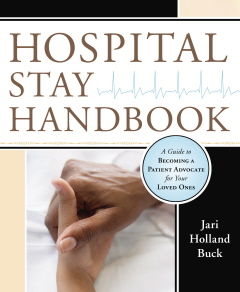Some diseases posed more of a burden than others. For example, a woman's hospitalization for stroke, congestive heart failure or hip fracture raised her husband's death risk by 6 percent, 12 percent and 15 percent, respectively. Similarly, a man's hospitalization for colon cancer did not significantly influence his wife's death risk, but other diseases did have a major impact.
A spouse's hospitalization for dementia proved most stressful, raising risk of death 22 percent for men and 28 percent for women... In fact... having a demented spouse is as bad for you as having a dead spouse.
The study also identified certain time frames during which caregivers are particularly vulnerable, including immediately after a hospitalization and again three to six months into the illness.
The findings should frighten family caregivers... but more importantly, hopefully, help them give priority status to their own health needs."
There are lessons in these findings for those of us who care for a spouse or significant other.
- We must pay attention to our own health first. Most of us get here when all else is resolved. To do so, threatens our own health and no one who loves us would want us to go down for the count while caring for another.
- We must ask for help. We need the help as much, and sometimes more, than the patient. The patient has his or her health care providers focused on them. Who is focused on us?
- We must take time for ourselves, without which we have few resources to assist us in dissipating our stress. Whether the time is for a hot bath, a massage, meditation, prayer, exercise, reading or any other "time out," these few moments of peace and solitude are critical to our survival.
Caregiving is much more than a one-person job, especially when both the family caregiver and the care recipient are elderly... Often, spousal caregivers do not want to ask for or take help from their grown children, but that really is the first place we should all turn."
TAKE CARE OF YOURSELF!


No comments:
Post a Comment